RocketMemory RAM Music Compilation
RocketMemory RAM Music Compilation [MP3]
[3 CDS – 16 MP3]
Description
RocketMemory RAM Music CompilationFORMAT: MP3 320kbps CBRMax qualityNo filteringAllow block types to differ between channels Bit reservoirQuote:RocketMemory – RAM Music CompilationRAM Music Effect™RAM Music Effect™ DefinitionROCKETMEMORY™ term for the effect that certain classical music pieces have been proven to enhance your ability to learn and retain information.Originally identified by Dr. Georgi Lozanov in the 1960s and later replicated by other researchers, to achieve the effect you must listen to different styles of music while engaging in the following 3 stages of learning: – Relaxation – Active Learning – Memory Consolidation.——Music and Studying – Which Music is Best for Learning?By Ryan LevesqueCan listening to any one style of music REALLY help you learn faster, improve memory, AND retain more of what you study?As it turns out, the answer is YES.Back in the 1960s, there was this Bulgarian psychiatrist by the name of Dr. Georgi Lozanov, who spent over 30 years studying the effect of music on memory and learning.In fact, he was one of the first people to discover music has a measurable effect on the brain, on a deep emotional level.He figured out specific styleS of music can actually make your brain MORE receptive to learning…In fact, over a 30-year span, he ran hundreds of experiments testing the effect of music on various aspects of learning:Like for example… In one of Lozanov’s studies…He’d give test subjects a short article to read – telling them they were going to be quizzed on the material.Then he’d divide the subjects into two groups:Group A and Group B.Then he’d give both groups 15 minutes to read the article.BUT he’d have Group A listen to one style of music. And Group B another style.Once the 15 minutes was up, he’d wait an hour, ask them questions about the article, and compare how much each group remembered.Then he’d do the same thing the next day, a week later, and then a month after that.And he ran experiments like that one testing virtually every style of music you can imagine.Eventually, he came to the conclusion that there IS in fact specific music that helps you learn faster and remember more.Any guesses on what it might be?Well, if you guessed Classical Music, then…DING DING DING! You are CORRECTAt least, partially…Because here’s the kicker:Lozanov ALSO discovered you can’t simply turn on ANY classical music to get the effect…(Only certain individual pieces work.)AND you have to listen to them during specific points in the learning process to get the effect.Now pay close attention, because this is the important part…RAM Music Effect™ – 3 Learning StagesYou see, for music to help you learn faster and remember more, you need to break your learning process down into the following 3 stages: Relaxation Active Learning Memory ConsolidationBecause music impacts your brain DIFFERENTLY at each of these stages, according to what something we call the RAM Music Effect™.And here’s how it breaks down:The RELAXATION stage takes place BEFORE you begin studying.In this stage, Lozanov determined you want to listen to 3-5 minutes of RELAXATION music to help your brain enter the optimal learning state.This makes your brain most RECEPTIVE to learning new information.An example that’s been proven to work is Claude Debussy’s Deux Arabesques.The ACTIVE LEARNING stage, which comes next is when you read and absorb NEW information for the first time.During this stage, Lozanov determined you want to listen to what’s known as an Active Concert – a bold, expressive piece of classical music – which helps you quickly ABSORB the information.An example that’s been proven to work is Tchaikovsky’s Concerto No. 1 in B flat minor for Piano and Orchestra.And finally, the MEMORY CONSOLIDATION phase is when you’re reviewing material you’ve just learned — And want to RETAIN that information in your brain.During this stage, you want to study to what’s known as a Passive Concert — a melodic, baroque piece of classical music – which helps CONSOLIDATE the information into your long-term memory.An example that’s been proven to work is Corelli’s Concerti Grossi, Op. 6, No. 2.So what’s going on in your brain exactly at each of these stages that makes the RAM Music Effect™ work?Well, there are several theories — but we DO know from MRI and PET Scans that the 3 pieces of classical music above each produce a different effect on the brain.And most importantly, multiple studies (including a landmark international project coordinated by UNESCO) have since replicated Lovanov’s results confirming that certain (but not all) classical music does in fact speed learning and improve retention.Improve Memory with Music – 10 Songs Proven to Boost Your BrainSo how can YOU use this information?I’ve listed here a few of the classical pieces proven by Lozanov and subsequent studies to deliver the RAM Music Effect™. This way if you want, you can create your own study playlist. (I believe some – but not all – of these may be found on iTunes for around $2.00 per song.)ACTIVE LEARNING Beethoven, Concerto for Violin and Orchestra in D Major, Op 61 Tchaikovsky, Concerto No. 1 in B flat minor for Piano and Orchestra Mozart, Concerto for Violin and Orchestra, Concert No. 7 in D major Haydn, Symphony No. 67 in F major; Symphony No.69 in B. Major Beethoven, Concerto No. 5 in E flat major for Piano and Orchestra, Op. 73 (“Emperor”)MEMORY CONSOLIDATION Corelli, Concerti Grossi, Op. 6, No. 2, 8, 5, 9. Handel, The Water Music. J.S. Bach, Fantasy in G major, Fantasy in C Minor and Trio in D minor; Canonic Variations and Toccata. Corelli, Concerti Grossi, Op. 4, No. 10, 11, 12 Vivaldi, Five Concertos for Flute and Chamber Orchestra.Ryan LevesqueRocketMemory™ FounderFiled Under: Improve Memory, Memory and Learning, Study Skills
You must be logged in to post a review.

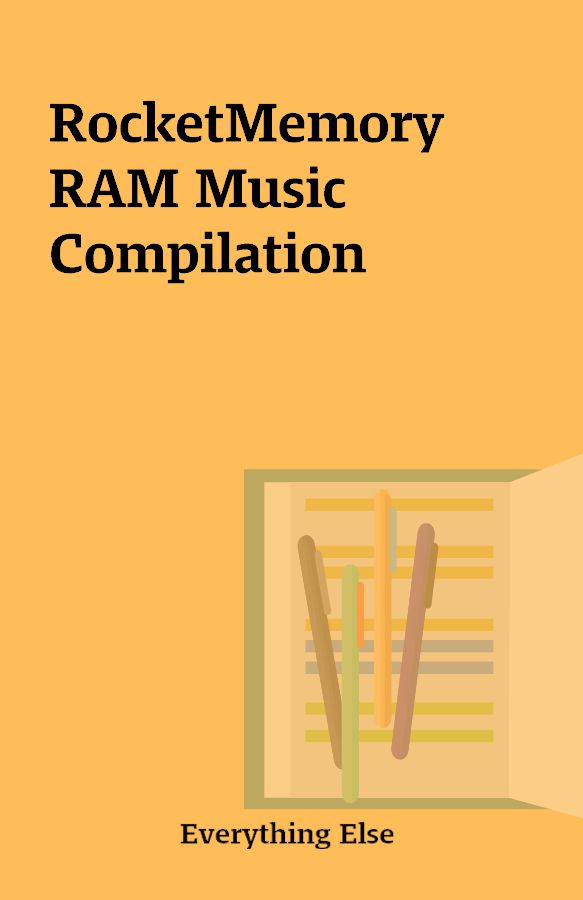
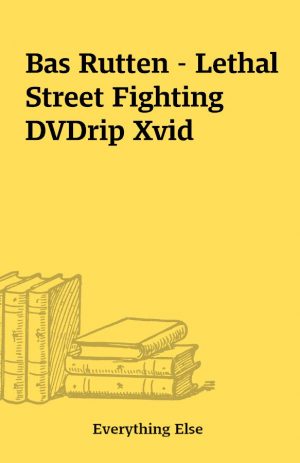
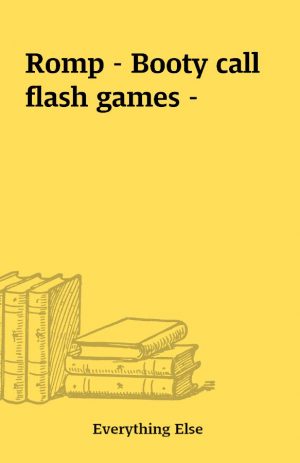
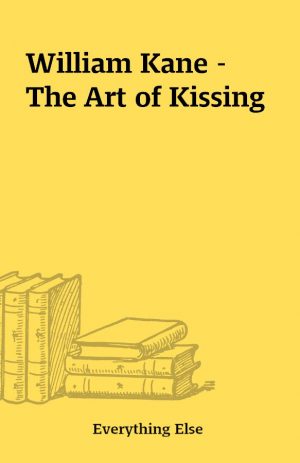
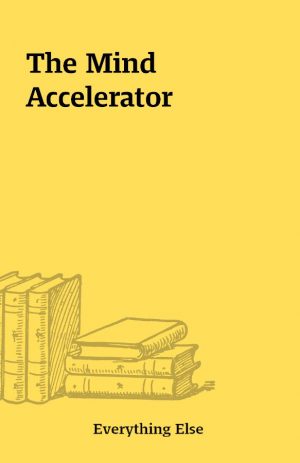
Reviews
There are no reviews yet.